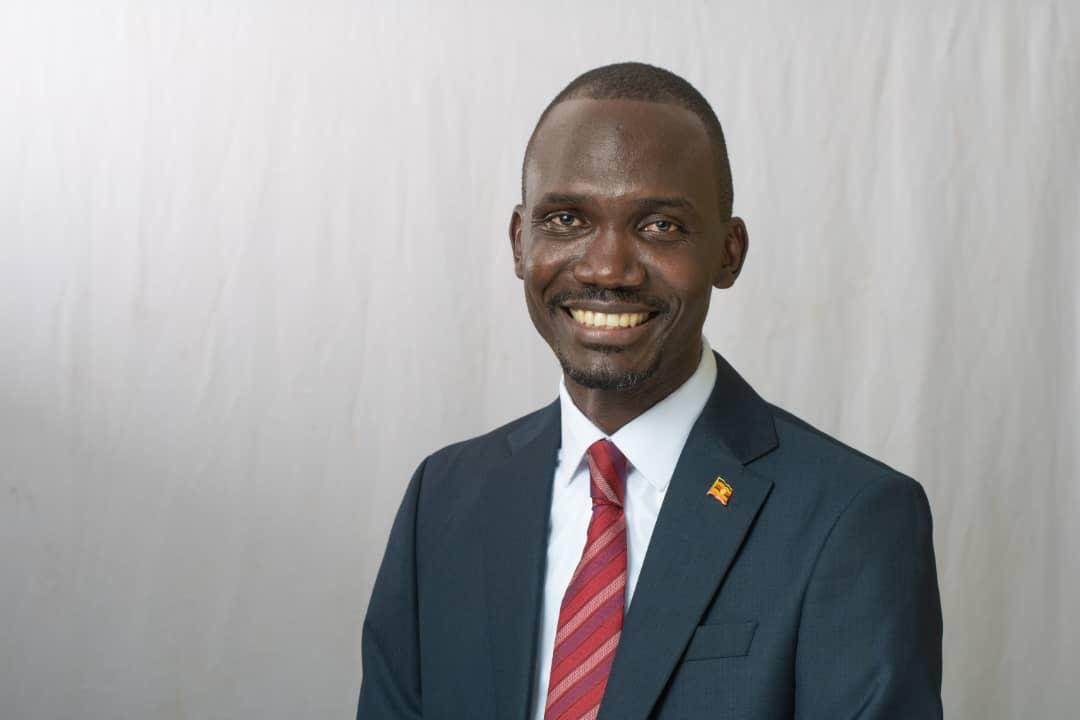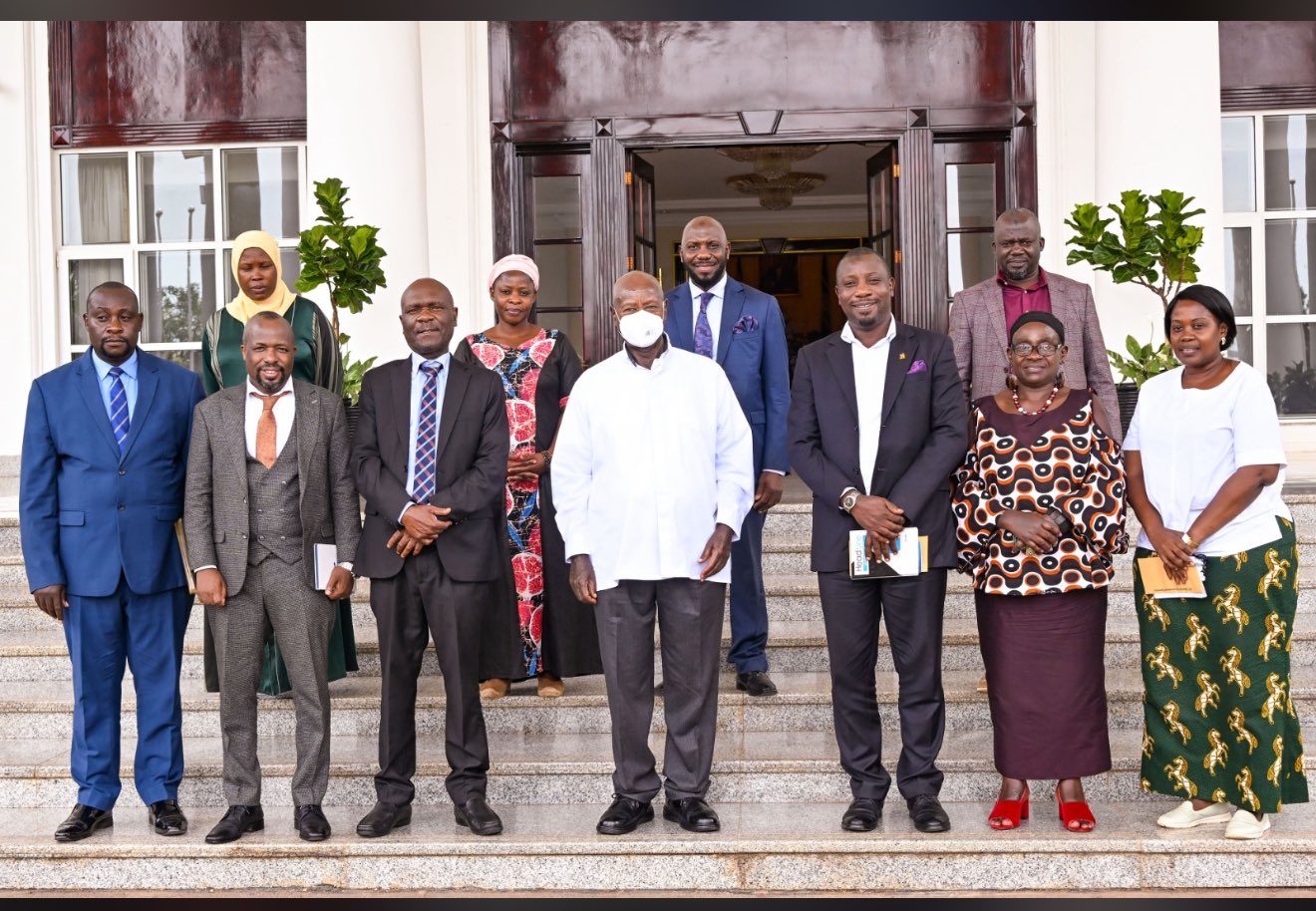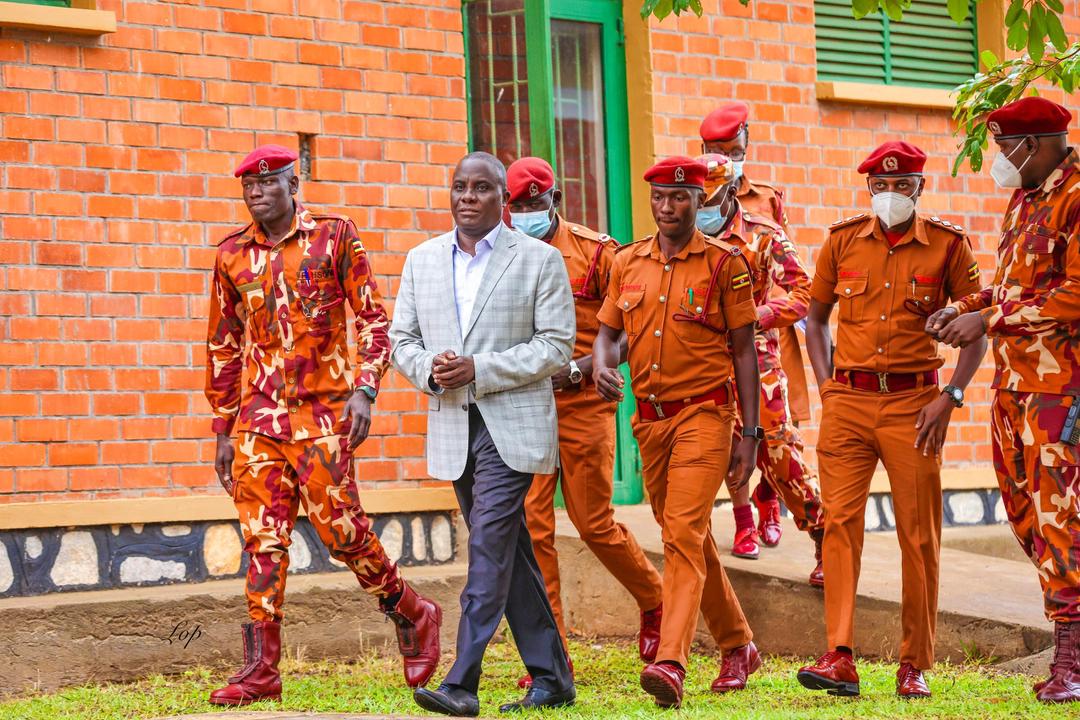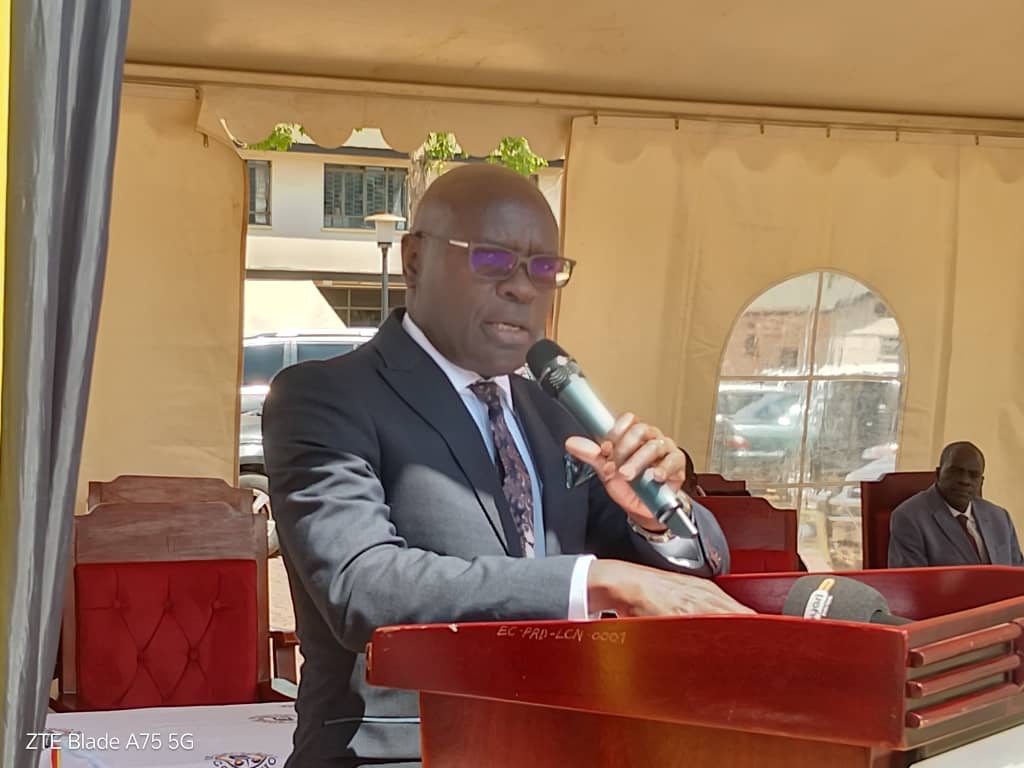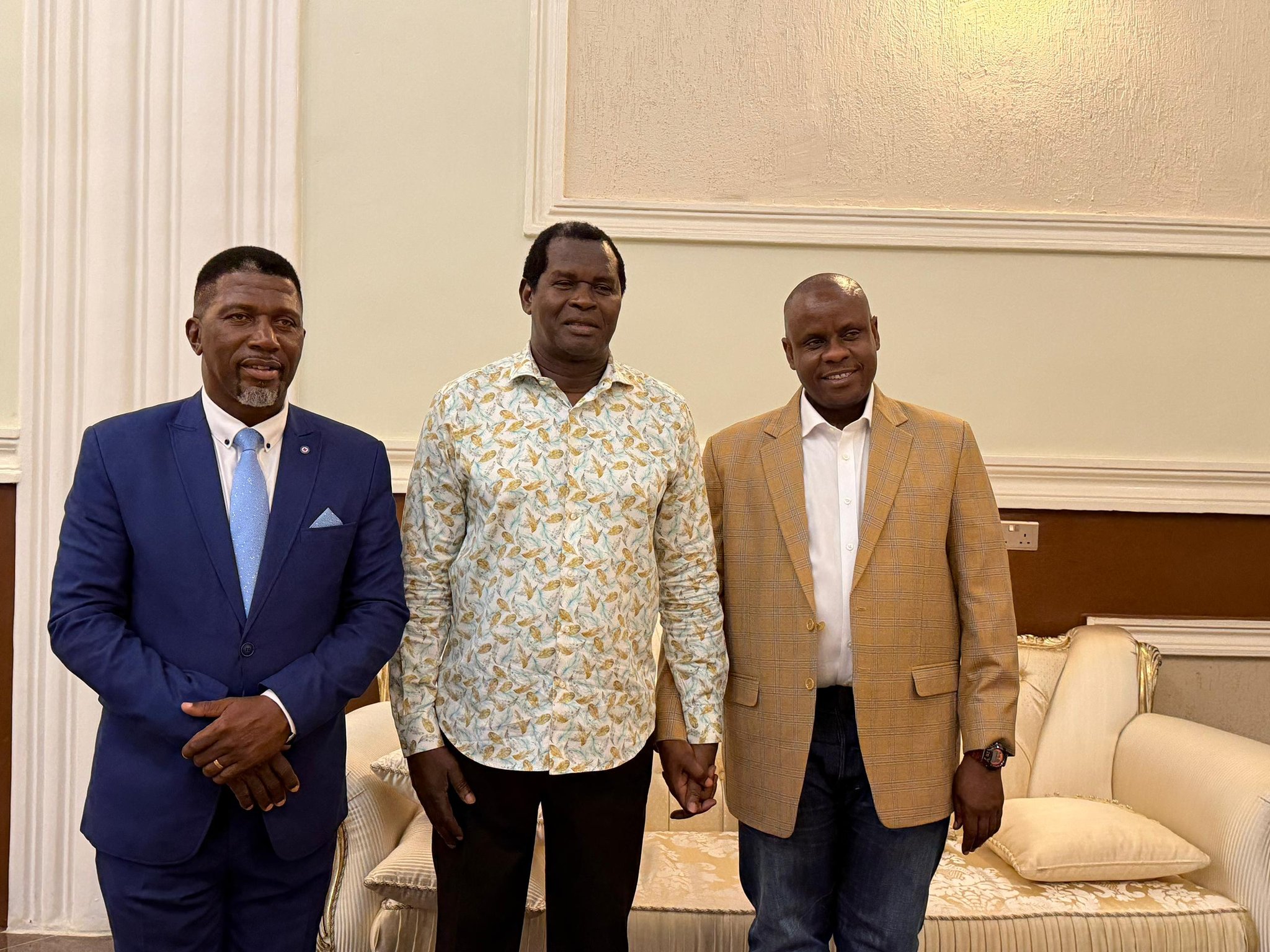Dennis Enap, 39, is a lawyer and dedicated member of the Uganda People’s Congress (UPC), has been politically active for the past 15 years. Recently nominated to contest for the UPC presidency against the incumbent, Jimmy Akena, Enap is confident in his ability to defeat Akena, whom he has challenged in court over the legality of his candidature. In an interview with Bbeg Media, Enap shared his journey, vision, and strategy for the UPC. Below are edited excerpts from the interview.
******************************
Who is Dennis Enap?
I have been a member of the Uganda People’s Congress (UPC) since 2008, when I was a student at Makerere University. During my time there, I engaged in student politics, which led me to identify with the UPC. I was elected chairperson of the UPC Makerere branch and ran for guild president on the UPC ticket. After graduating, I joined UPC structures in Busoga, specifically Jinja East, before returning to Makerere to pursue a law degree. Following my graduation, Jimmy Akena, the current UPC president, recruited me as his personal assistant and driver. I was not paid a salary but later received a secretariat allowance.
What happened next?
In 2016, I left Akena’s team to work as a lawyer at a legal firm. During that period, I was a strong supporter of Akena in his efforts to control the UPC. Between 2017 and 2021, I served informally as a legal advisor to the party, though I held no official appointment. Eventually, I parted ways with Akena and established my own law firm, where I currently practice.
Are you still a UPC member?
Yes, I remain an active UPC member. The party is currently restructuring, and I am helping establish a party branch in Kira Municipality, where we are seeing new members join.
Do you plan to run for office in Kira?
No, I have no intention of standing in Kira.
Why are you contesting for the UPC presidency against Akena?
My candidacy is not about challenging Akena personally but about addressing the party’s failed leadership. Over the past decade, UPC has been stagnant, with little to no activity. I am running to provide the leadership needed to revitalize the party.
Didn’t UPC, under Akena, form an alliance with the NRM in 2016?
No official party organ endorsed any cooperation with the National Resistance Movement (NRM). Any dealings were personal arrangements between Akena and President Museveni.
How did Betty Amongi, a UPC member, become a minister in Museveni’s cabinet?
That was a personal agreement between Akena and Museveni, not a party decision. Unlike the Democratic Party, which signed a memorandum of understanding with the NRM, UPC had no formal agreement—just a transactional deal.
Was there an arrangement for NRM to give UPC candidates a free run in Lango?
No such arrangement existed. In Lango, NRM holds more parliamentary seats than UPC. Out of 31 MPs in the region, UPC has only 10, while NRM has about 14 or 15, and the Forum for Democratic Change (FDC) has two or three.
What changes do you want to bring to UPC?
We need to modernize UPC and make it relevant to today’s political landscape. The party is often seen as outdated, associated with older generations like Akena. Young people, who form the majority of Uganda’s population, are shaping the political narrative, as seen with Robert Kyagulanyi’s over 3 million votes in the last election. We want to rebrand UPC to appeal to this demographic and address past mistakes.
Which past mistakes?
UPC has historical issues, such as the 1966 crisis with Buganda and tensions with other kingdoms. We need to resolve these issues and improve the party’s image. Additionally, we must establish structures nationwide, revise outdated policies from the 1960s and 1980s, and adapt to modern digital and political demands.
What strategies have you planned to ensure victory?
I prefer to keep my tactics internal. My discussions with members focus on rebuilding UPC together. Our slogan is, “Let’s rebuild a new UPC together.”
How have young people responded to your candidacy?
My support spans both young and old members. People have embraced my candidacy because I am honest about the need for resources, reconciliation, and uniting the party. I advocate for credible, dependable, and reliable leadership and expanding UPC’s activities nationwide.
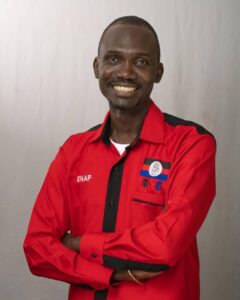
What do you mean by “nationalizing” the party?
For the past 10 years, UPC’s resources and activities have been concentrated in Lango, where Akena believes the party’s power base lies. We need to distribute resources equitably, establish and fund regional and district offices, and hold party activities across the country. We should also collaborate with other political players who share our vision of redeeming Uganda.
You’ve taken Akena to court. What is the case about?
The UPC constitution limits the party presidency to two terms, with an exception allowing a third term only if the president is elected as Uganda’s president during their second term and seeks re-election. Akena has served as party president since 2015, so he is constitutionally ineligible to run again unless the constitution is amended. Despite this, the party’s electoral commission, appointed by Akena, has nominated him.
Are party members unaware of this constitutional provision?
The issue lies with the party’s electoral commission, which consists of only four members appointed by Akena. Regular members are not involved in its decisions.
How confident are you of winning?
While Akena controls the electoral commission, he does not control individual votes. Many UPC members, particularly outside Lango, feel that the party’s resources have been unfairly concentrated in Lango. There is a strong desire for change, which bolsters my confidence.
What are your prayers in court?
We are seeking a judicial review to disqualify Akena from the electoral process. The court will examine the law and evidence that Akena has served two terms. If disqualified, I will be the only nominated candidate, as I am currently the only legally nominated candidate.
When is the delegates’ conference?
The delegates’ conference is scheduled for July.



